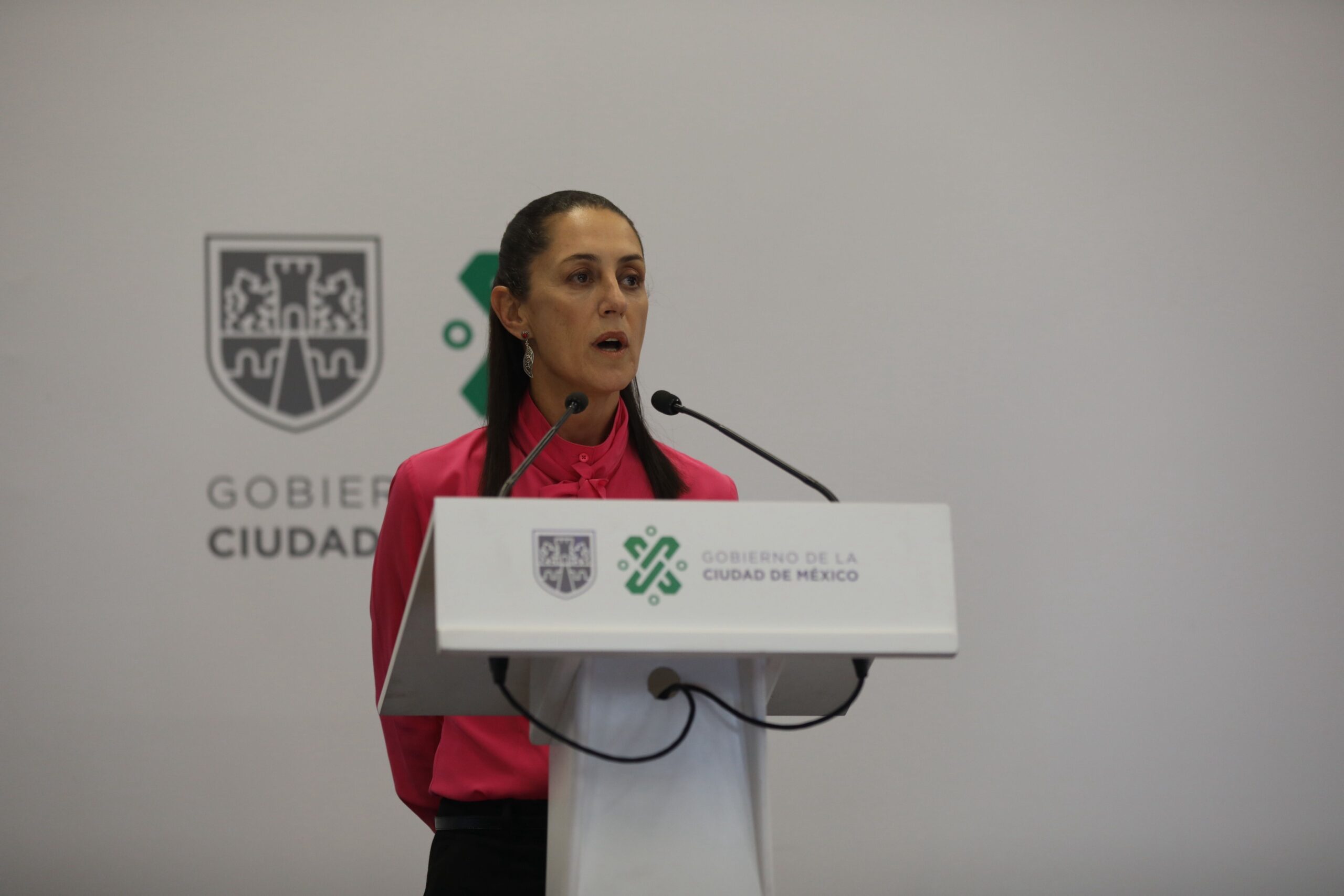“The six-year term that is coming to an end was one of inconsistencies and mixed feelings in foreign policy, with a president who has minimized the importance of Mexico’s presence in the world,” says Dr. Yadira Gálvez, professor at the Center for International Relations at the National Autonomous University of Mexico (UNAM).
In an interview with DW, Gálvez criticised the “discretionary handling of the principle of non-intervention” by the Executive of Andrés Manuel López Obrador.
“On the one hand, for example, he expressed his opinion on the political crisis resulting from the attempted coup d’état by Pedro Castillo in Peru, and went so far as to refuse to hand over the presidency of the Pacific Alliance to that country, and, on the other hand, he remains silent on human rights violations in Nicaragua.”
Will Mexico’s role in the world grow?
On October 1, 2024, Claudia Sheinbaum will assume the presidency of Mexico. Will she continue the foreign policy of the current Administration or will the role of the Latin American country on the international stage grow?
“Everything indicates that greater attention will be paid to domestic policy issues, rather than addressing foreign policy issues in depth and in depth,” observes Dr. José Joel Peña, member of the Mexican Association of International Studies (AMEI).
“In an increasingly interconnected and interdependent world, decisions and events at a global level have a direct impact on Mexico’s economy, security and well-being,” adds the expert, who urges the next government to define a specific strategy for each region of the world.
For his part, Dr. Rafael Velázquez, professor at the Autonomous University of Baja California, believes that Claudia Sheinbaum does not want to contradict AMLO on the issue and will maintain the same foreign policy lines.
“It is likely that after a year, Sheinbaum will distance herself from AMLO and make changes.” But Velázquez doubts that the future president will carry out radical transformations.
Axes of foreign policy
Some of the foreign policy axes of the president-elect include strengthening Mexican leadership at the regional and global level, participation in international organizations and forums, as well as addressing the migration crisis.
In statements to DW, internationalist José Joel Peña, professor at the Faculty of Political and Social Sciences at UNAM, also highlights the use of the phenomenon of nearshoringwhich involves relocating production chains close to consumer markets to mitigate risks.
In addition, in view of the possible revision of the T-MEC free trade agreement in 2026, the next Government intends to increase the levels of trade and investment with the United States and Canada.
Feminism and the environment
For academic Yadira Gálvez, it is important to note that Sheinbaum sees herself as a feminist, which is why she hopes that Mexico’s current feminist foreign policy will be maintained.
“I hope that progress will be made in this regard and that it will be reflected in the policies within the country to address gender gaps and violence against women.”
Furthermore, due to Sheinbaum’s academic background, there could also be a greater focus on the issue of the environment, climate change and energy transition, Gálvez clarifies.
Diplomatic heritage
However, the next government will not only face new challenges, but will also inherit important issues from the current government that it will have to address, such as the diplomatic crises with Ecuador and Peru, Mexico’s participation in international courts over the war conflicts in Eastern Europe and the Middle East, or the strained relationship with the United States in the run-up to the presidential elections.
To this end, Sheinbaum will have the support of Foreign Affairs Secretary Juan Ramón de la Fuente Ramírez, former Mexican ambassador to the United Nations.
Venezuela and other crises
So far, the future president of Mexico has not spoken out about human rights violations in Venezuela and the actions against the opposition that the government of Nicolás Maduro has implemented, says Professor Gálvez.
Sheinbaum has also not recognized Edmundo González’s victory in the recent elections in the South American country, arguing that this is not her responsibility, because “there are international organizations for that.”
In this regard, Dr. Gálvez points out that a country can be a facilitator of agreements between the parties without intervening in the internal affairs of the States, and regrets that “Sheinbaum seems to be closing the door to the possibility that, in her Government, Mexico plays a relevant role in the Venezuelan crisis, and even in others in the region.”
Continue reading:
- AMLO to send letter to Biden for alleged interference in Mexico’s internal affairs
- US-Mexico steel and aluminum deal blocks China’s path
- AMLO celebrated Claudia Sheinbaum’s victory and stressed that it was by a “wide margin”
